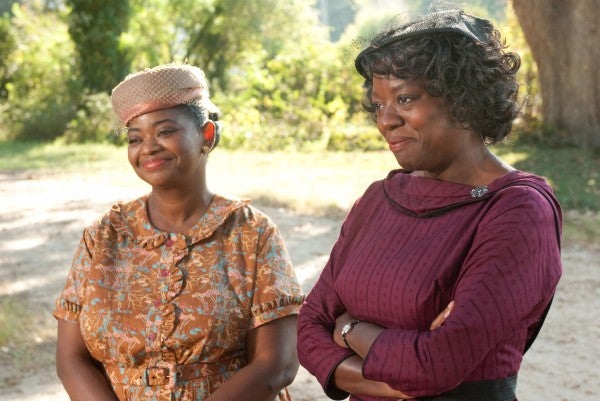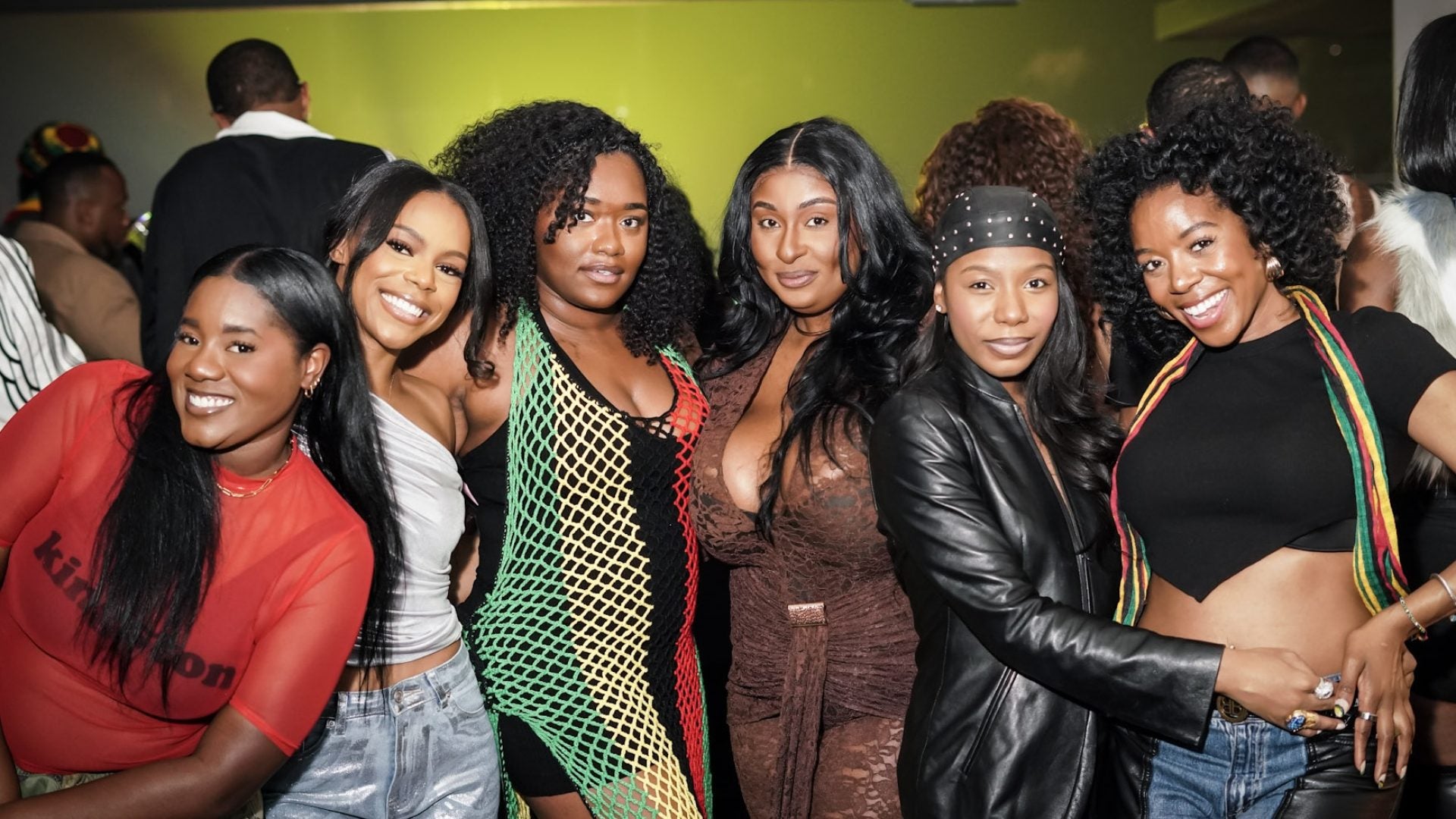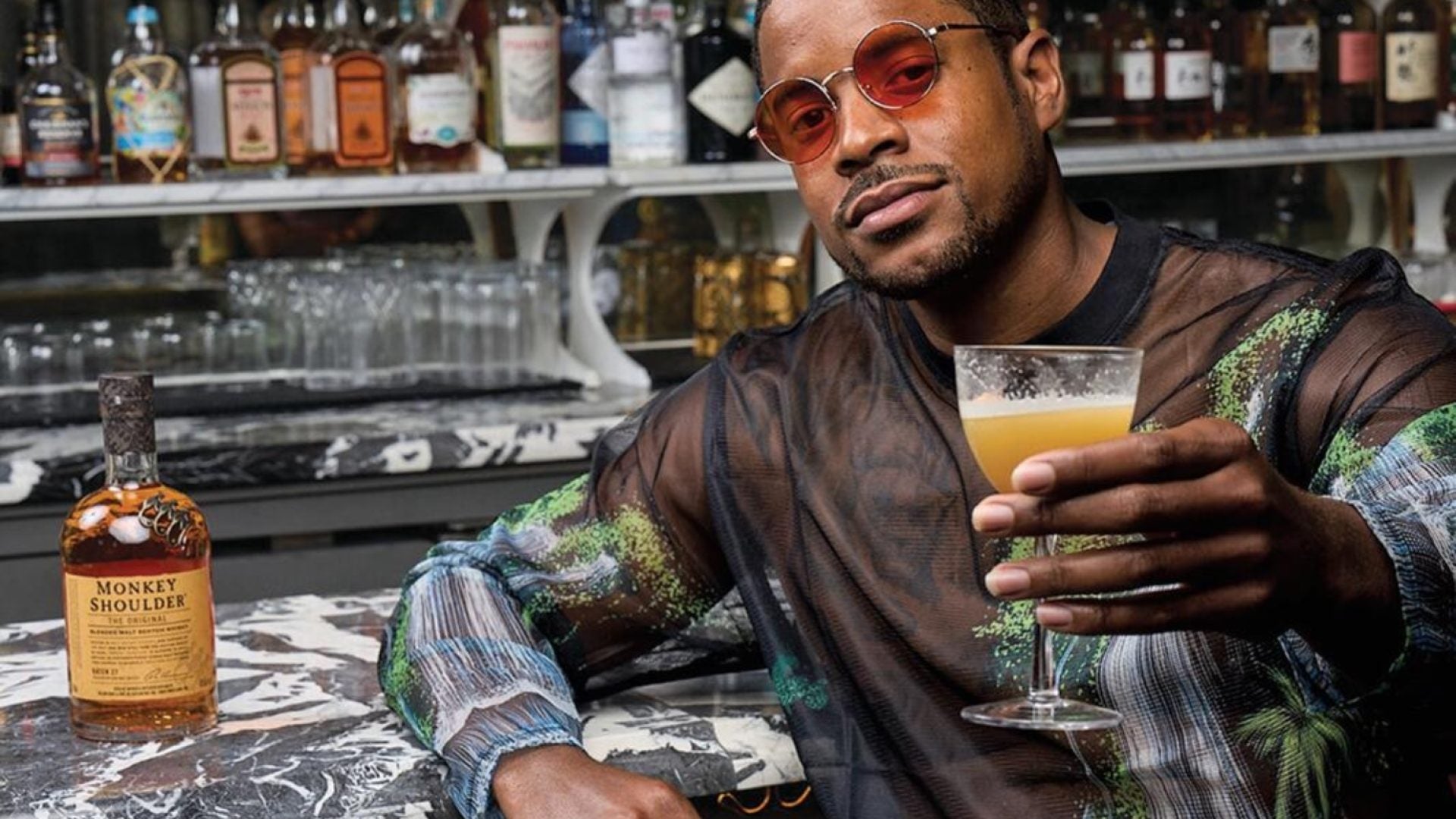
Confession: I’d never heard of Kathryn’s Stockett’s bestselling and controversial book “The Help” until a few months back when a friend sent me a link to the movie trailer. The frozen frame of the video depicted two well-dressed White women and two Black maids. Oh, hell no! I thought, I’m not trying to see a Black woman playing a maid.
Duh-lete.
But I couldn’t avoid the movie. Suddenly, it seemed everyone was talking about “The Help,” including my co-workers, who were favorably commenting. I was baffled.
My co-worker, Entertainment Director Cori Murray, was able to deduce the problem. “Did you read the book?” she asked.
Me: No.
Her: Did you see the movie?
Me: No… A maid…?
Her: Ohhh… that’s why.
She quickly called and got me into the next screening of the film.
I showed up full of righteous indignation. I expected to essentially be yet another Mammy movie, i.e., dysfunctional White people as seen in “Ghost,” “Driving Miss Daisy,” “The Secret Life of Bees,” etc., redeem themselves and go on to live happily ever after while the Black people suffer on.
And that’s what “The Help” is — if you’re skimming the surface. At face value, it’s a story about two long-oppressed, but compassionate Black women trying to make a living in the segregated south, and the educated White woman (Emma Stone) who enables them to voice their burdens. But if you dig deeper, there’s more. “The message [of “The Help”] is the quality of the work,” Davis told ESSENCE in her cover story. “That is a greater message.”
At its roots, “The Help” is a story about sisterhood between women, showcasing the way we forge bonds and the way we break the ones that should exist. Every woman is oppressed by sexism, racism, class or culture, and in the case of “The Help,” all three. A hard look, reveals the flaws of White womanhood that would go on to launch the feminist movement of the Seventies; dead-end opportunities, being overwhelmed by responsibilities and expectations of homemaking and child rearing, maintaining reliance upon their husbands for survival, etc.
These limited women find their only power by lauding what privilege they do have over their Black maids, and each other. The Black women don’t have anyone to overpower, and rely on each other to find their strength to keep on keeping on. It’s only when these two races of women come together that they gain any progress.
“The Help” is not a perfect film (or book, which I finally read last weekend— and couldn’t put down). There are cringe-worthy moments such as the white heroine’s benevolent obsession with the maid who guided her through a tough adolescence. That rang my Mammy bell. Loud. And watching Black folks swallow daily indignities wasn’t entertaining; it ticked me off. Still, if you can muster the energy to explore the nuances, you’ll find there’s more to glean from the film than you can get from a knee-jerk reaction to the subject matter.
Demetria L. Lucas is the Relationships Editor at ESSENCE and the author of “A Belle in Brooklyn: The Go-to Girl for Advice on Living Your Best Single Life” (Atria), which has been nominated for an African American Literary Award. Vote for her book on literaryawardshow.com.




